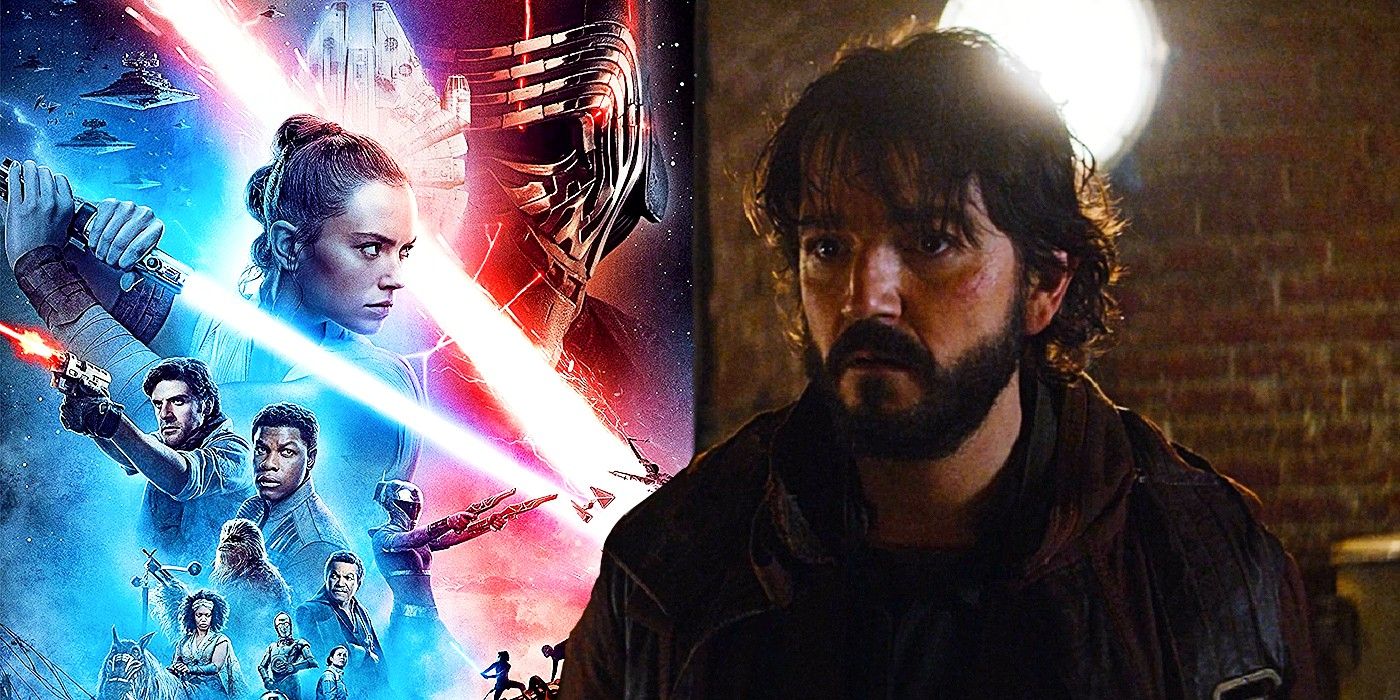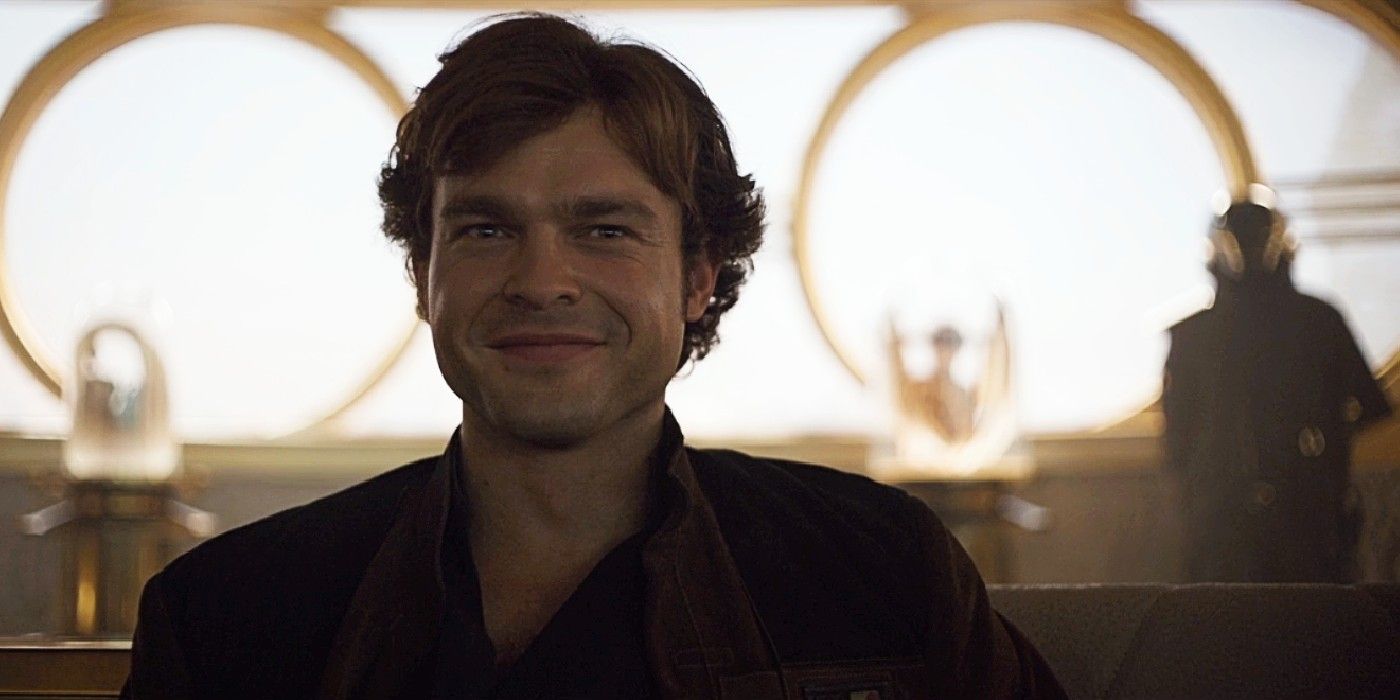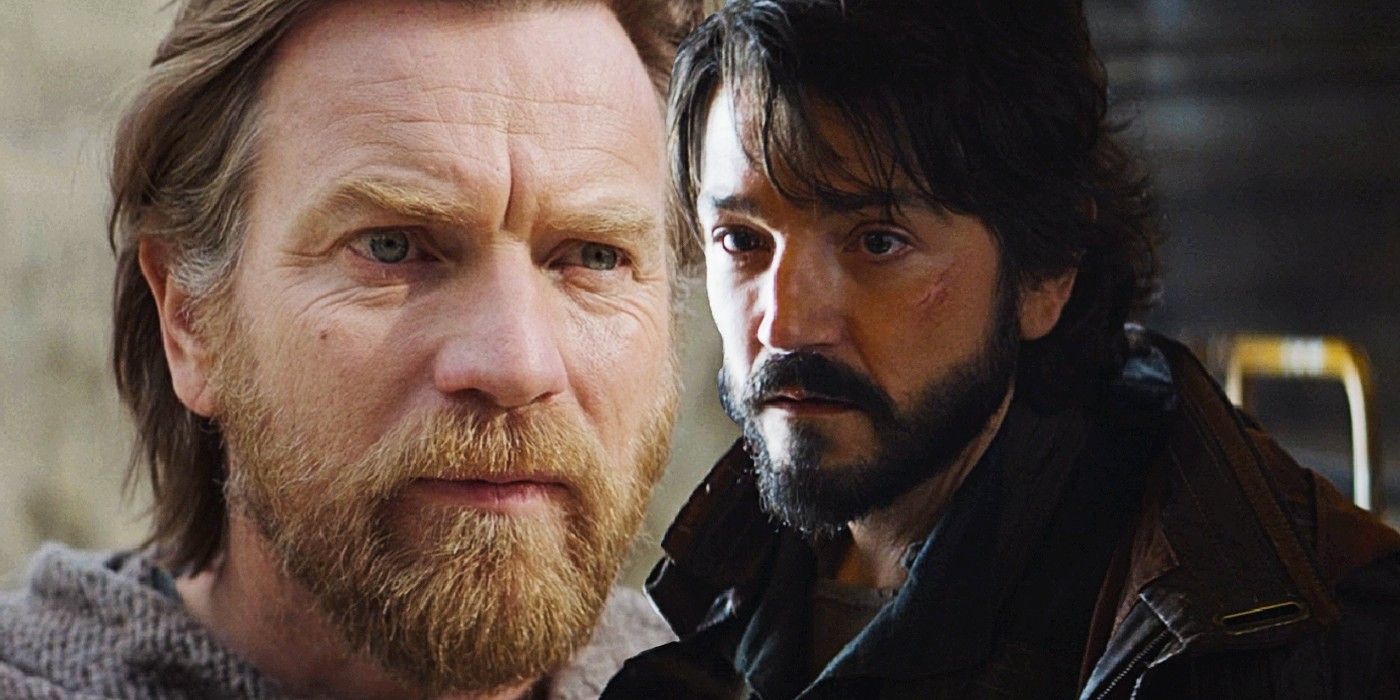The Star Wars universe has gone a long way since 1977's A New Hope, but as it grows bigger, the franchise seems to get more right in the medium of TV than movies. When it started with the release of Star Wars: The Force Awakens in 2015, the sequel trilogy seemed to have brought a Star Wars renaissance after the fans' lukewarm at best and hostile at worst reactions to the prequel trilogy. Being both a success commercially and praised by critics, The Force Awakens seemed to be capable of bringing the Star Wars franchise back to its golden era.
However, Star Wars: The Last Jedi proved to be highly polarizing, with many critics praising it and just as many fans vocally against it, while being overall less of a commercial success. Star Wars: The Rise of Skywalker made it even worse, effectively killing the movies' future, as it made even less money, received critics' scores lower than most Skywalker Saga movies, and was easily or willfully forgotten by Star Wars fans for the controversial narrative choices it made. Likewise, the Star Wars anthology movies too produced very different reactions, with Rogue One: A Star Wars Story generally hailed as a success for its earnings, the critics' response, and by the fans, and Solo: A Star Wars Story more closely to a failure by the same metrics.
While Solo's failure definitely made Lucasfilm reconsider the course of the next Star Wars anthology movies that were already planned but have not yet received a release date, Disney+ original Star Wars series are booming. Since the advent of The Mandalorian, whose seasons 1 and 2 were critically acclaimed, Disney+ Star Wars TV shows keep getting made and expanding the Star Wars universe. While it's unclear when the Star Wars movies will go back on track, multiple Star Wars TV shows reach the fans' small screens. Here's why Star Wars can't get its movies right but continues making TV shows.
Why Star Wars' Movie Future Is Such A Struggle
It wasn't just Solo and The Rise of Skywalker's misgivings that temporarily doomed the Star Wars movies. Indeed, those two in particular presented issues both in the execution of the stories and behind-the-scenes mishandling, with the initial directors of Solo Phil Lord and Christopher Miller and The Rise of Skywalker's Colin Trevorrow being either fired or leaving due to creative differences. Being both criticized for their perceived lack of imagination and abundant fan service, Solo and The Rise of Skywalker are mostly remembered for their mistakes. However, while The Rise of Skywalker was supposed to epically conclude the Skywalker Saga, making the fan service almost necessary, Solo supposedly had to build up a bit more of the Galaxy far, far away, actually developing new characters rather than only focusing on Skywalker Saga's already beloved ones.
The need for Star Wars movies to move away from the Skywalkers wasn't just felt by fans, but even Lucasfilm director Kathleen Kennedy. Partly the reason why Star Wars films are taking so long is due to the struggles in telling Star Wars stories detached from the Skywalker Saga. After all, most recent Star Wars movies lacked the vision to tell something new in a truly unique way except for notable exceptions, while previous ones, even the prequel trilogy's most despised movies, were always uniquely innovative, putting all Star Wars movies' future up in the air unless serious change happens.
Why Star Wars Is Able To Make So Many New Shows, But Not Movies
While Disney still hasn't fixed Star Wars movies' problems, its Disney+ original TV shows thrive. Although some are received better than others, not only they continue getting announced, but they also manage to expand a bit more of the Star Wars universe. The reason behind the TV shows' success lies in the medium used and its inexistent history within the Star Wars universe, and Disney's plan for the future. Indeed, Star Wars TV shows existed before The Mandalorian's release, but it was animated TV shows. Star Wars TV shows tend to be more consistently successful, because viewers don't have a specific idea of what forms a Star Wars story, as TV shows offer a greater, more detailed timeline to explore whichever story in a beloved, pre-established universe. Additionally, Disney's overall plan for Disney+ involved many original TV shows being produced, which impacted big franchises like Star Wars but also the MCU, whose Phase 4 involved more TV shows than movies. As the Star Wars movies' problems are yet to be fixed with no release date being confirmed, fans will probably have to make do with the many remarkable Star Wars TV shows available.



